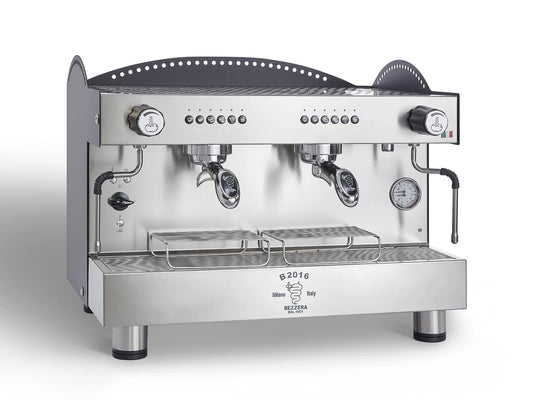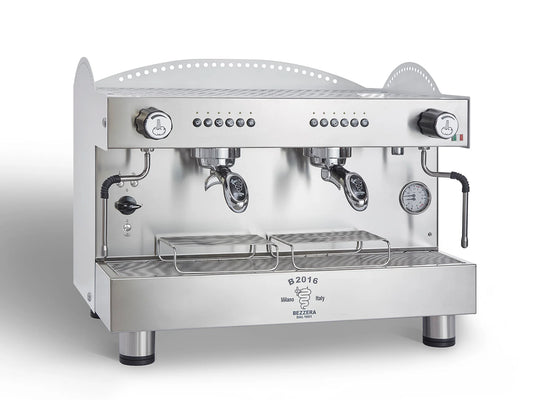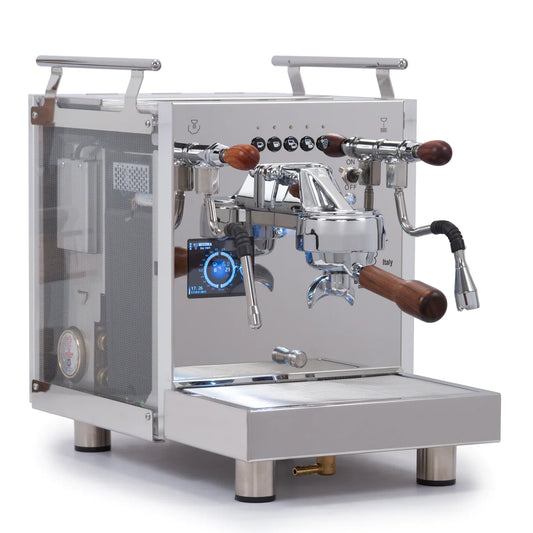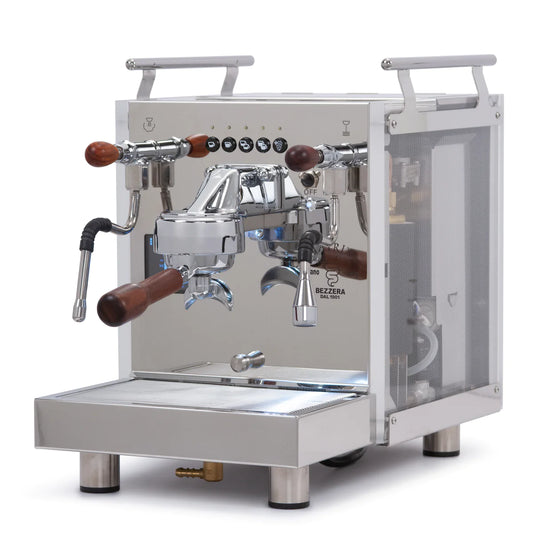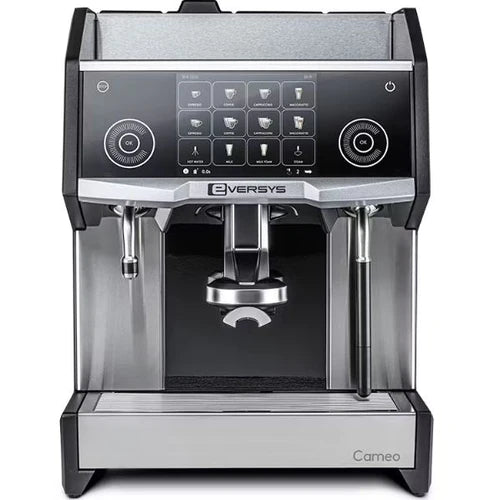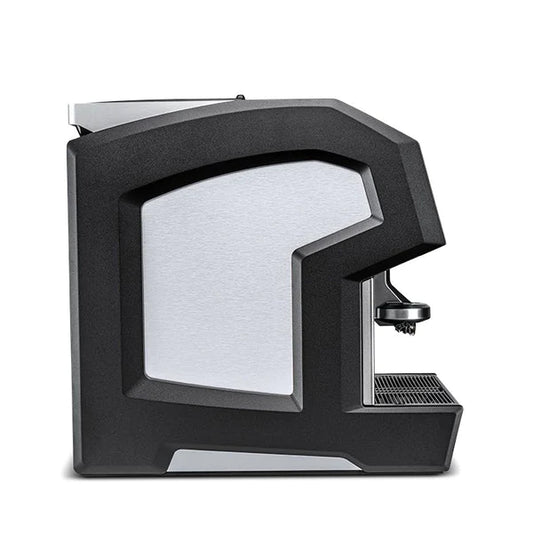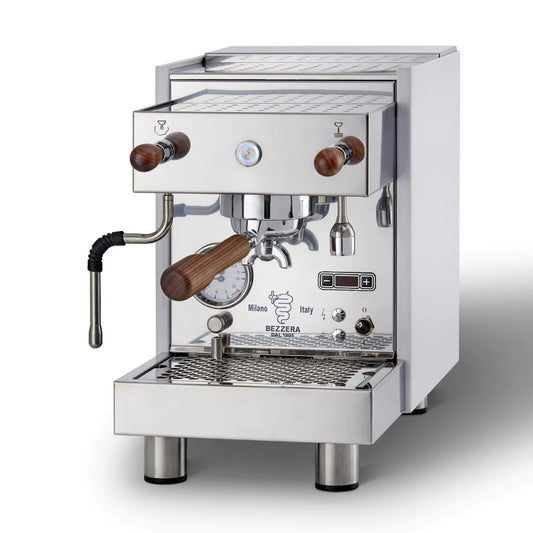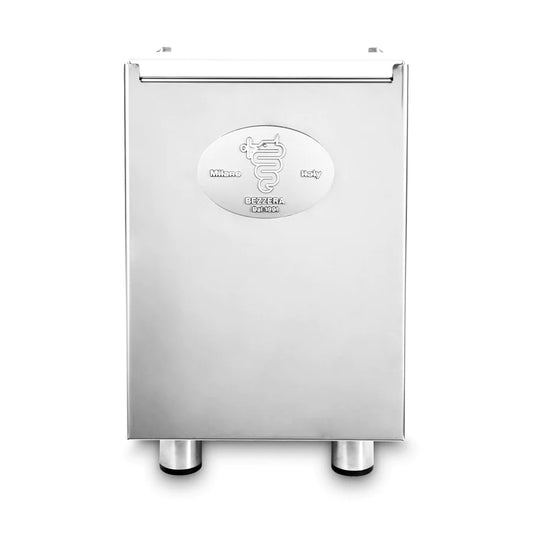Coffee Capsules at a Crossroads: Navigating the Future of Convenience and Sustainability
Table of Contents
- Key Highlights:
- Introduction
- The Unsustainable Future of "More of the Same"
- Sustainability as the New Standard
- The Rise of Personalization
- The Premiumization of Coffee Experience
- Conclusion
Key Highlights:
- The global coffee capsule market is projected to exceed $26 billion by 2033, driven by convenience and home-brewing trends.
- Sustainability has shifted from a differentiator to an essential requirement, compelling brands to innovate in eco-friendly packaging.
- Personalization and premium quality are emerging as key growth drivers, necessitating agile production capabilities and collaboration in the industry.
Introduction
The coffee capsule market is witnessing significant transformation, challenging producers to adapt to evolving consumer demands. As the sector is poised for a robust expansion, shifting buyer priorities reflect critical changes that go beyond mere sales figures. The rise of sustainability, the call for personalization, and the urgency for speed to market create a complex landscape that coffee capsule manufacturers must navigate. Key industry players, like Menshen, are addressing these pressures and establishing new operational paradigms to thrive in an era defined by innovation and environmental stewardship.
With over 25 years of experience in the coffee industry, including significant roles in the coffee capsules segment, Jan-Paul Lommerse underscores this pivotal moment in the industry. As consumers increasingly prioritize quality and sustainability, the choice for producers lies not only in remaining competitive but also in evolving with the market—a task that requires foresight and collaboration.
The Unsustainable Future of "More of the Same"
For decades, the coffee capsule market has been characterized by a relentless pursuit of convenience. However, this reliance on traditional practices is fading as consumers and retailers call for a reevaluation of what success looks like in this segment. The projected growth of over $26 billion by 2033 indicates a booming market plagued by the risks of commoditization.
The implications of this pivotal shift manifest most clearly in sustainability considerations. Eco-friendly products are no longer an innovation but an expectation. Regulatory frameworks, such as the European Union's directives on packaging waste, place further pressure on brands to transition toward recyclable or compostable capsule options. Innovative material usage must be paired with consistent product performance—ensuring that capsules retain freshness, crema, and flavor while meeting environmental standards.
Sustainability as the New Standard
Sustainability has become a baseline rather than a competitive edge in the coffee capsule market. Regulatory requirements and changing consumer behaviors have led brands to prioritize eco-conscious practices. The expectation is clear: those who fail to innovate sustainably may fall behind their competitors.
At Menshen, and across the industry, providing environmentally friendly alternatives involves more than mere compliance. The challenge now is to excel in performance while adopting eco-conscious materials. Successful producers will establish themselves as leaders not only in market share but also in environmental responsibility, appealing to both the practical and ethical dispositions of modern consumers.
The Balancing Act of Cost and Innovation
The intersection of sustainability and cost effectively represents one of the most complex challenges facing coffee capsule producers. While innovation is essential, it cannot come at the expense of affordability. The ability to develop new products at competitive prices depends on strategic investments and the establishment of partnerships throughout the supply chain.
To balance rising costs linked to product development, creating vertical joint development partnerships may offer a viable solution. Collaborating with both upstream suppliers and downstream clients can mitigate financial pressures while accelerating innovation. This cooperative approach enhances resilience within the supply chain and offers opportunities for shared success in sustainability initiatives.
The Rise of Personalization
As consumer preferences diversify, personalization has emerged as a significant growth driver within the coffee capsule industry. Today's coffee drinkers demand products that cater to specific tastes and health needs, leading to growing popularity for capsules infused with alternative ingredients such as mushrooms, collagen, and adaptogens, alongside single-origin coffees. In response, brands must be agile in production capabilities, including smaller batch runs to accommodate unique ingredient formulations.
The ability to navigate these demands is becoming crucial for companies looking to differentiate themselves. Investments in data analytics and brewing technology can enable brands to develop capsules that align with individual consumer habits and preferences, thus increasing overall satisfaction.
The Premiumization of Coffee Experience
With convenience ceasing to be the sole focus of consumer expectations, the industry is witnessing a measured shift towards premium products. Today's consumers seek authenticity and artistry in their coffee experiences, emphasizing quality and craftsmanship over mere accessibility.
In response, brands must prioritize collaboration throughout their development processes. Menshen has adopted a full-stack service model designed to support capsule-filling brands in encapsulating the intrinsic qualities of their ingredients. Such collaboration not only enhances the quality of the final product but also aligns with consumer desires for an experience that reflects the values of craftsmanship and brand integrity.
The Importance of Speed to Market
Market conditions today necessitate swift responses to emerging trends. With consumer expectations evolving at unprecedented rates, lead times become crucial for brands aiming to remain relevant. Companies that can flexibly adapt their production processes are more likely to attract consumer interest, not merely due to scale but through timely innovation.
By utilizing digital production planning and flexible batching techniques, brands can introduce new stock-keeping units (SKUs) and pivot to meet developing trends more swiftly. This acceleration in innovation significantly impacts brand loyalty and market positioning.
Conclusion
The coffee capsule industry is at a pivotal juncture. The convergence of sustainability, quality, personalization, and agility presents a unique set of challenges and opportunities. Companies that embrace a holistic approach—focused on innovation while maintaining cost competitiveness—will define the standards for years to come.
The journey ahead requires a shift in mindset among producers, necessitating an evolution from traditional factory roles to collaborative partners in the eyes of brands. Those who foster flexible partnerships and prioritize sustainability will be positioned to lead the coffee capsule segment into a future rich with potential, ultimately shaping the landscape of coffee consumption for generations to come.
FAQ
What are coffee capsules?
Coffee capsules are pre-packaged, single-servings of ground coffee enclosed in a sealed container, designed for use in compatible coffee machines.
Why is sustainability important in the coffee capsule industry?
Sustainability has become critical in response to consumer demand for environmentally friendly products and regulatory requirements concerning packaging waste. Brands that innovate sustainably can enhance their market positioning and meet consumer expectations.
What trends are influencing the future of coffee capsules?
Key trends shaping the future of coffee capsules include sustainability on packaging, personalization of products, the expectation for premium quality, and the need for agile production processes to adapt to rapidly changing consumer preferences.
How can brands differentiate their coffee capsules in a competitive market?
Brands can differentiate their offerings by focusing on innovative, sustainable packaging, providing high-quality ingredients, enabling personalized experiences, and maintaining flexible production capabilities that allow for rapid market entry.
Are there collaborations in the coffee capsule industry?
Yes, establishing partnerships throughout the supply chain is increasingly common. Collaborating with suppliers and clients allows brands to innovate more efficiently and shares the costs associated with product development.

